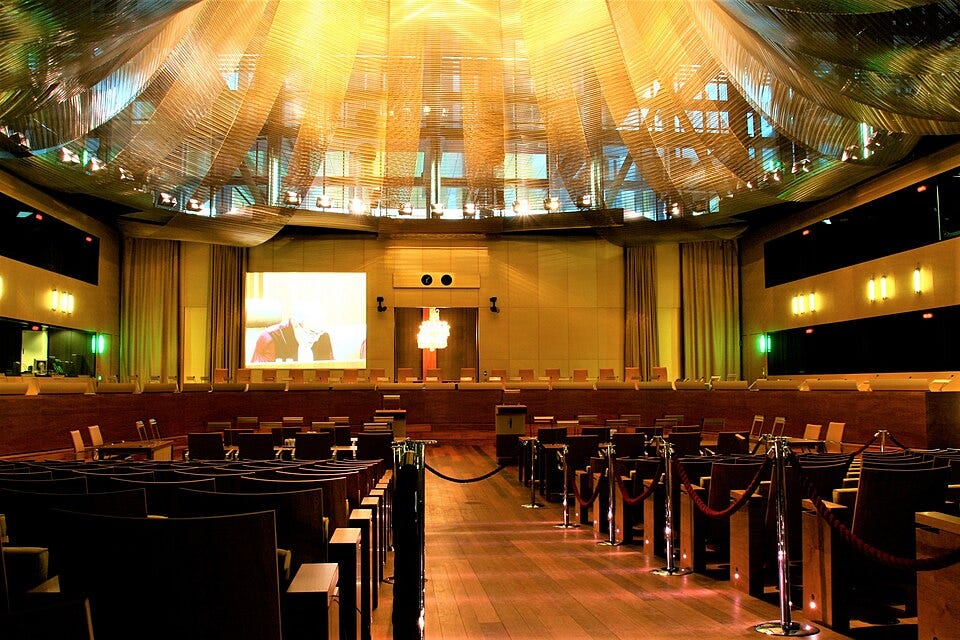⚖️Passport Denied: The sale of EU Citizenship has come to an end
A landmark CJEU judgment has reasserted that European identity cannot be purchased, only earned through genuine ties and shared responsibility

👋Hey guys, Julien here. The French Dispatch is a reader-supported publication, and both our coverage of current affairs as well as our ability to bring you more news and information on the world around us is entirely funded …



